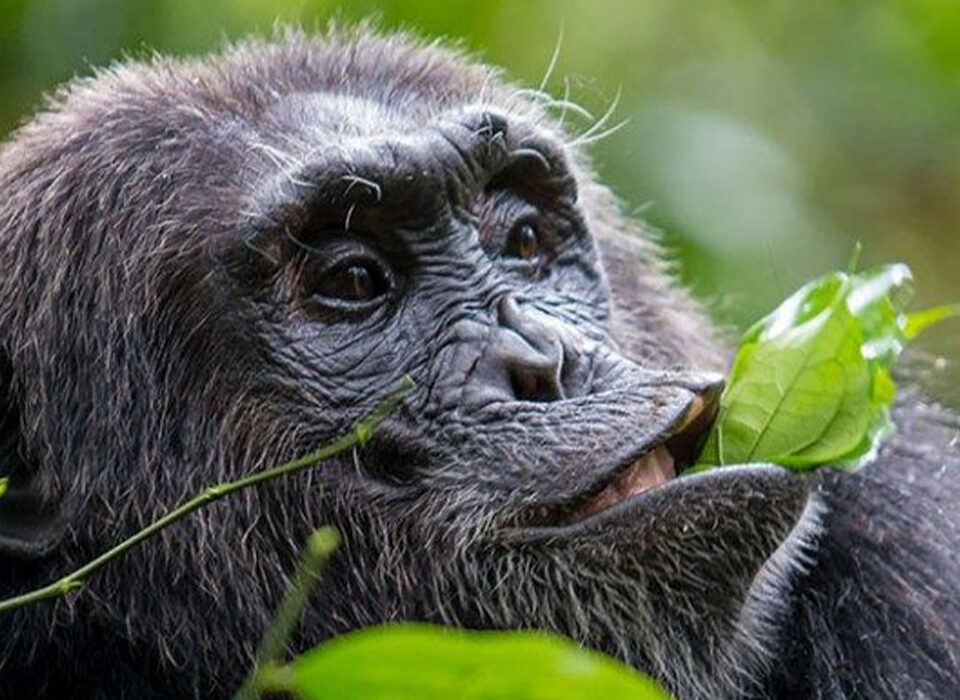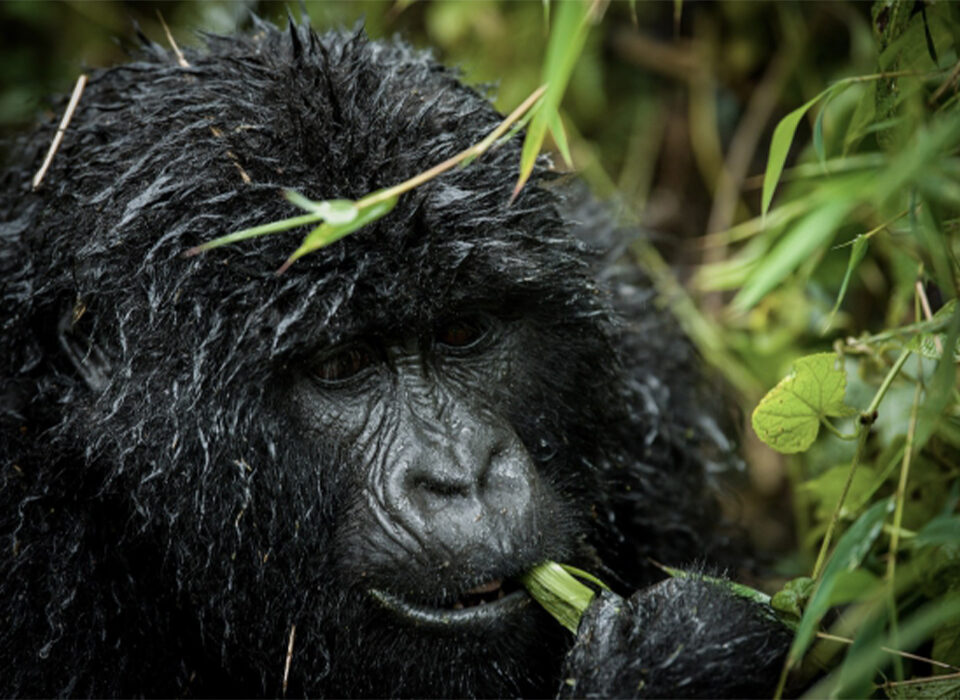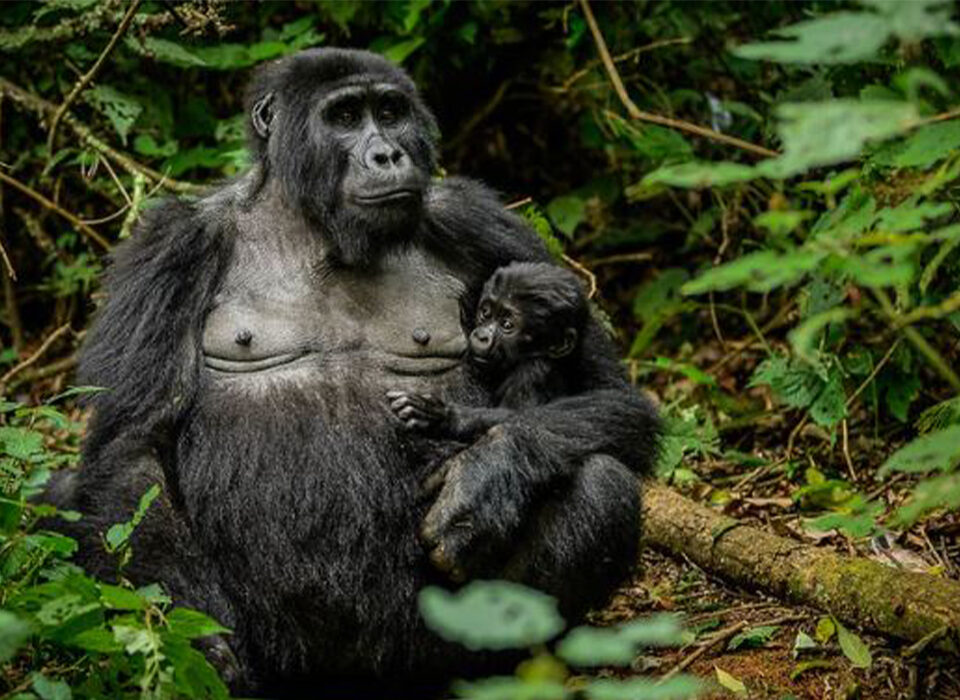
When to Visit and How to Access Akagera National Park
September 3, 2025
Boda Boda Adventures in Jinja and Kampala
September 3, 2025Fascinating Facts about the Batwa People
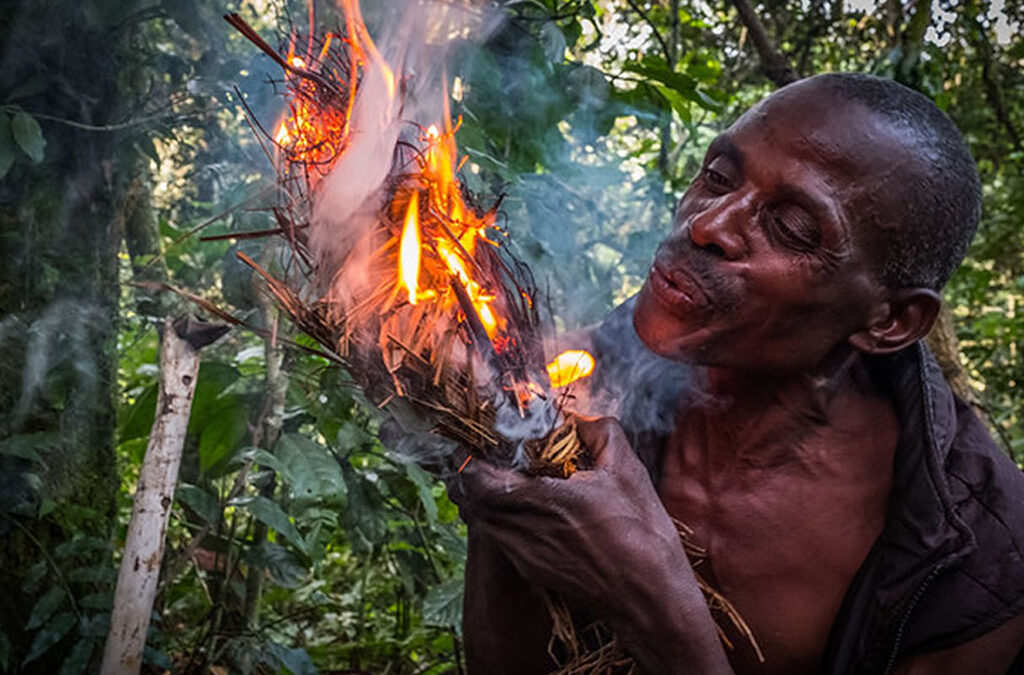
The Batwa people continue to demonstrate remarkable resilience in the face of numerous challenges, ranging from environmental displacement to societal marginalization. Their enduring culture offers profound insights into human adaptability, spiritual connection with nature, and the importance of preserving indigenous heritage in the modern world.
Native to the Bwindi Forest, the Batwa have lived in these dense, impenetrable forests for countless generations, developing a unique way of life intimately connected to their environment. A journey into the heart of these forests reveals not only the Batwa people’s rich culture and intricate social structures but also an array of natural wonders, making them both a cultural and ecological treasure.
Among the many ethnic groups in Uganda, the Batwa constitute a small fraction of the population, yet their heritage is both unique and compelling. Understanding their way of life provides a rare glimpse into one of the world’s most ancient human communities. Below are some fascinating facts about the Batwa people, offering insights into their history, knowledge systems, spirituality, challenges, and modern-day initiatives that aim to empower them.
Ancient Origins and Unique Genetic Traits
To begin with, the Batwa are among Africa’s most ancient peoples. Genetic studies suggest their lineage dates back around 70,000 years, making them one of the continent’s oldest surviving communities. This remarkable longevity underscores their adaptability and cultural resilience in the face of change.
The term Pygmy is often used to describe groups characterized by shorter stature, typically under five feet for adults. For the Batwa, this physical adaptation is believed to have evolved in response to dense forest life. Shorter height allowed easier movement through thick undergrowth and improved thermoregulation in humid conditions.
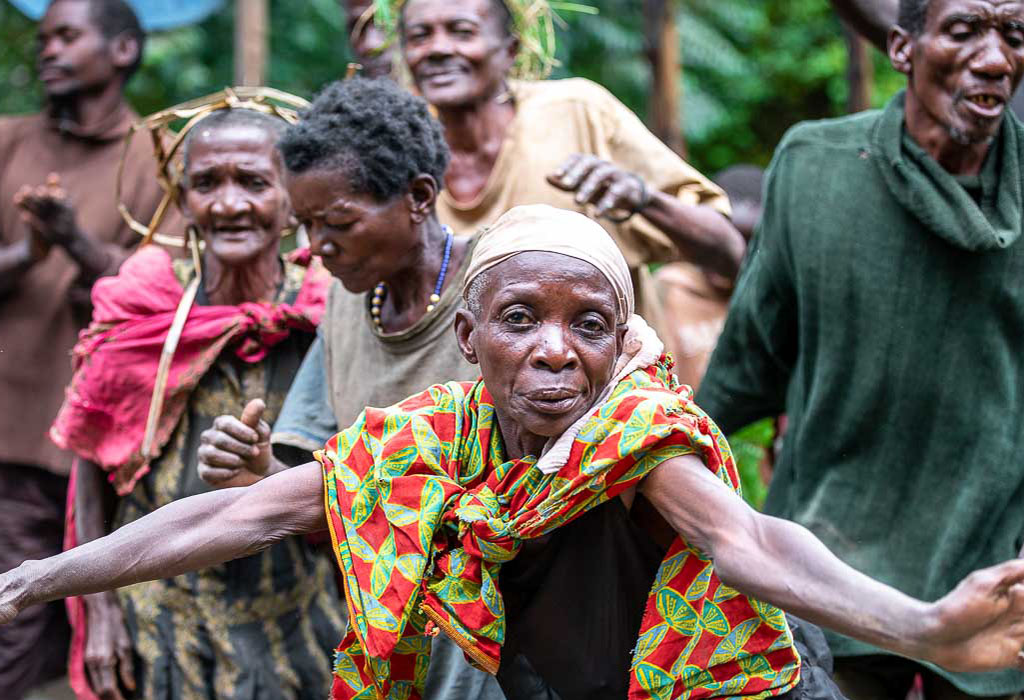
In addition to these physical traits, the Batwa’s cultural practices have been preserved through countless generations. These traditions reflect deep knowledge of forest ecology, social cohesion, and survival strategies. Their ability to endure as a distinct community illustrates their exceptional capacity to adapt while maintaining identity.
Deep Knowledge of the Forest
Equally fascinating is the Batwa’s unparalleled understanding of the forest. For centuries, they lived as expert hunters and gatherers, relying on their environment for food, medicine, and shelter. Their ability to identify edible plants, track animals, and predict seasonal changes is a testament to ecological wisdom passed down orally.
Even today, their knowledge often surpasses that of modern scientists. For instance, the Batwa can pinpoint medicinal plants, read subtle signs of animal movement, and anticipate environmental shifts that most outsiders would miss. Such insights make them custodians of biodiversity, offering lessons for modern conservation.
Moreover, their expertise goes beyond survival. The Batwa skillfully craft tools, musical instruments, and ceremonial artifacts from natural resources, blending practicality with artistry. This sophisticated use of the forest shows a harmonious balance between need and respect for nature.
Spiritual Connection to the Land
Another defining feature of Batwa culture is their spirituality. Traditionally, they practiced animism, viewing the forest as a sacred living entity. Trees, rivers, animals, and even mountains were believed to have spirits deserving of respect.
Many rituals involved offerings to forest spirits, affirming their deep reverence for nature. Even after being displaced from their ancestral lands, the Batwa continue to seek ways of honoring these traditions. For them, such rituals are not only spiritual practices but also acts of cultural preservation.
This worldview teaches a vital lesson: nature is not merely a resource to be exploited but a partner in life, deserving of protection and gratitude.
Challenges with Modern-Day Integration
However, life for the Batwa has not been without hardship. Over the past century, they have endured displacement due to colonial policies, conservation projects, and modern development. Forced out of their forests without compensation, many were left landless, impoverished, and socially excluded.
Today, integration into broader society remains difficult. A large number of Batwa communities lack secure land rights, education, and healthcare. Discrimination further limits their participation in economic and political life. While some have adapted to farming, trading, or wage labor, many remain marginalized.
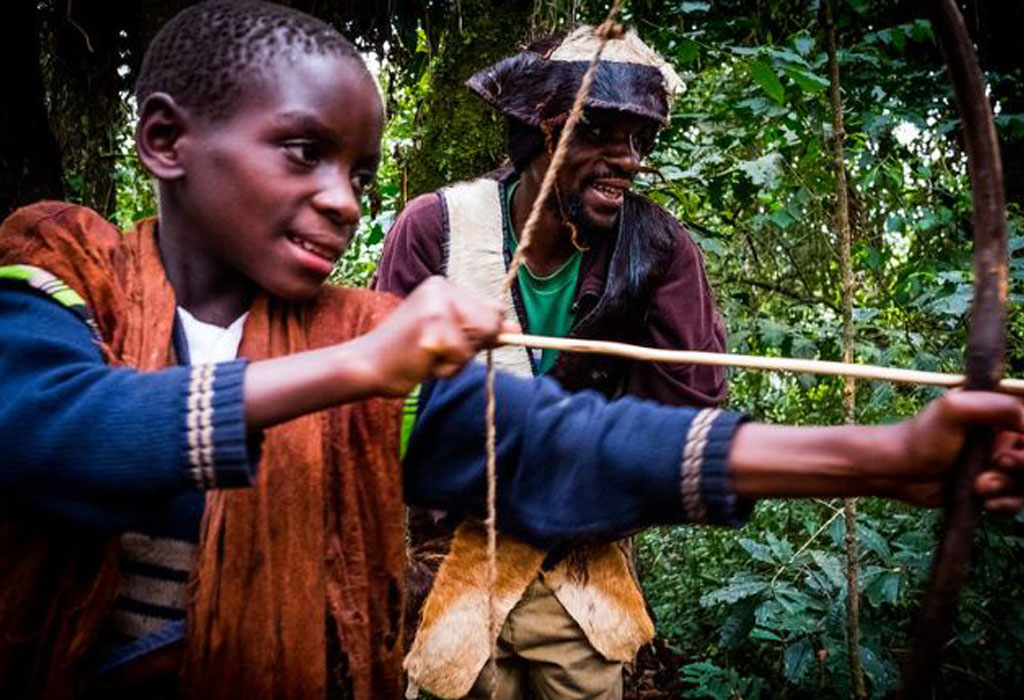
Despite these struggles, the Batwa show remarkable resilience. Education programs, vocational training, and cultural preservation initiatives are opening new opportunities. Their determination to hold onto heritage while engaging with modern society demonstrates both courage and adaptability.
Tourism as a Path to Empowerment
Encouragingly, tourism has become a powerful tool for empowerment. Responsible cultural tourism, such as the Batwa Cultural Experience, allows visitors to engage directly with Batwa traditions through music, dance, storytelling, and guided forest walks.
Tour operators like Experiya Tour Company actively support these initiatives, ensuring that tourism revenues benefit the Batwa community. Visitors not only gain insight into an ancient culture but also contribute to education, healthcare, and community projects.
Furthermore, cultural tourism helps the Batwa reclaim their narrative. By proudly showcasing their traditions, they strengthen community identity and counter centuries of marginalization. This approach proves that culture can be celebrated and preserved while creating sustainable economic opportunities.
Conclusion
The Batwa people embody resilience, wisdom, and a rare connection to nature. Their ancient origins, ecological knowledge, and spiritual traditions highlight the value of indigenous heritage in a rapidly changing world.
Although marginalized, they continue to adapt and thrive through education, cultural pride, and tourism initiatives. Visiting the Batwa offers more than a cultural experience—it is a lesson in resilience, adaptability, and respect for the natural world.
At Experiya Tour Company, we believe in promoting responsible and respectful cultural tourism. By engaging with the Batwa, travelers not only support empowerment projects but also deepen their understanding of human diversity and our shared responsibility to protect both culture and nature.
Ultimately, the story of the Batwa is one of survival and hope. It reminds us that when cultural heritage is preserved and respected, it can continue to thrive even in the face of immense challenges.

